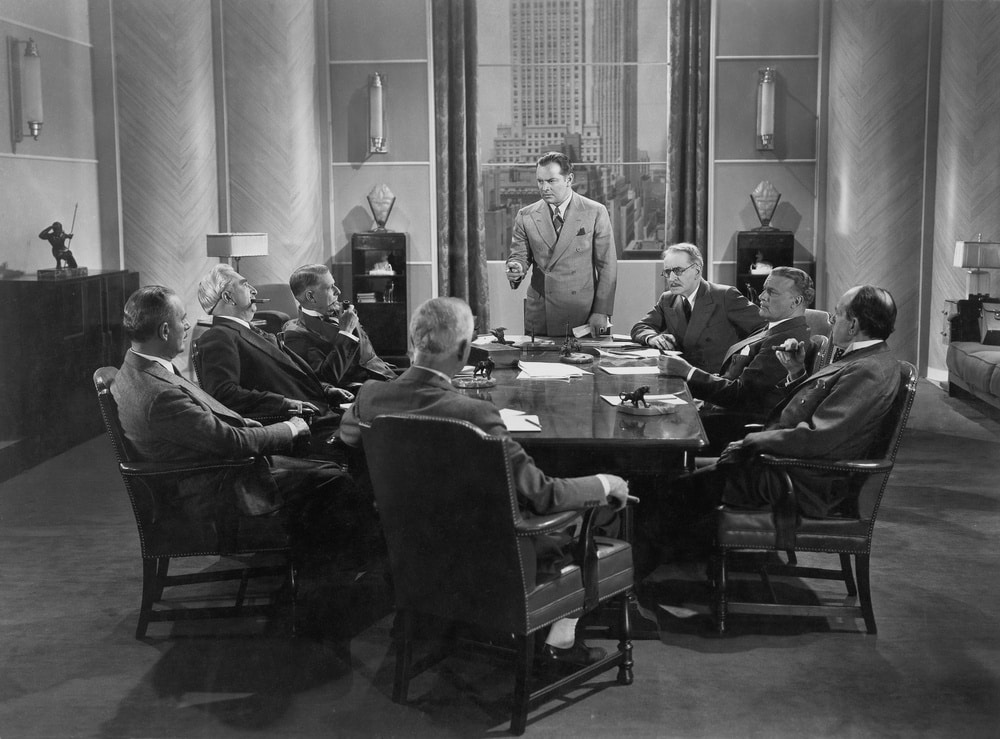If you’re in the corporate world or affiliated with any organization, meetings are featured in your schedule. You’ve sat around the table discussing important matters and making decisions with your team, in an effort to meet various objectives. But how many of us can say that we’ve had the privilege of participating in a meeting so significant that it revolutionized the world and had implications that have greatly impacted the past, present and maybe future? History shows that there have been a few of these gatherings. Let’s take a look at a few historical meetings that have shaped the world today.
1. The Senate Debate about Caesar
The Roman Senate met on January 7, 49BC to discuss Julius Caesar and the power that he had gained. The senate ordered Caesar to surrender his well-trained legion but he refused. Instead, Caesar rebelled and he was declared an enemy of the state by the senate. This meeting was significant as it gave rise to the civil war between Rome’s great generals, Caesar and Pompey, where Caesar was victorious. The decision taken at this meeting had implications for Rome and the world.
2. Bretton Woods Conference
In 1944 when the end of World War II was in sight, there was a gathering of 730 delegates of the Allied Nations in Bretton Wood, New Hampshire. Representatives from 44 countries including the US attended. They recognized that after the war, countries that were once wealthy would require investment and thus needed a new financial system. At this meeting, called the United Nations Monetary and Financial Conference, major decisions were made that began the groundwork for some of the organizations we know today. The decisions led to the development of the International Monetary Fund (IMF) and the International Bank for Reconstruction and Development, now known as the World Bank.
3. The First Council of Nicaea
The First Council of Nicaea of Christian bishops was convened in AD 325 by the Roman emperor Constantine I. It was the first ecumenical council of the Christian church. This meeting defined the Christian Church’s doctrine regarding the trinity and the relationship between God and Jesus, which was a topic of contention. This formed the foundation of the theological thinking of Christianity which continues to be shared with followers today.
4. The Yalta Conference
The Yalta Conference was held in Yalta in the Crimea region in the USSR in February 1945 when the end of the war was near. At this conference, heads of Government of the United States- Roosevelt; Britain- Churchill and the Soviet Union- Stalin, met to discuss the future of Germany post war. It was decided that Germany would be divided in 4 controlled zones for the United States, France, Britain and the Soviet Union. The decision regarding free elections was also made. One of the political developments out of this conference was the decision for the US, Britain and Soviet Union to join the United Nations. Some of the decisions brought about contention which led to the Cold War.
5. The Congress of Vienna
In 1814, Napoleon Bonaparte was defeated, relinquished his throne and sent into exile. By the end of the Napoleonic Conquest, Europe was left disorganized. The Congress of Vienna was convened in an effort to decide the future of Europe and reconstruct a European order. In attendance were representatives from Austria, Britain, Prussia and Russia. It was decided that European borders and the political map would be changed.










